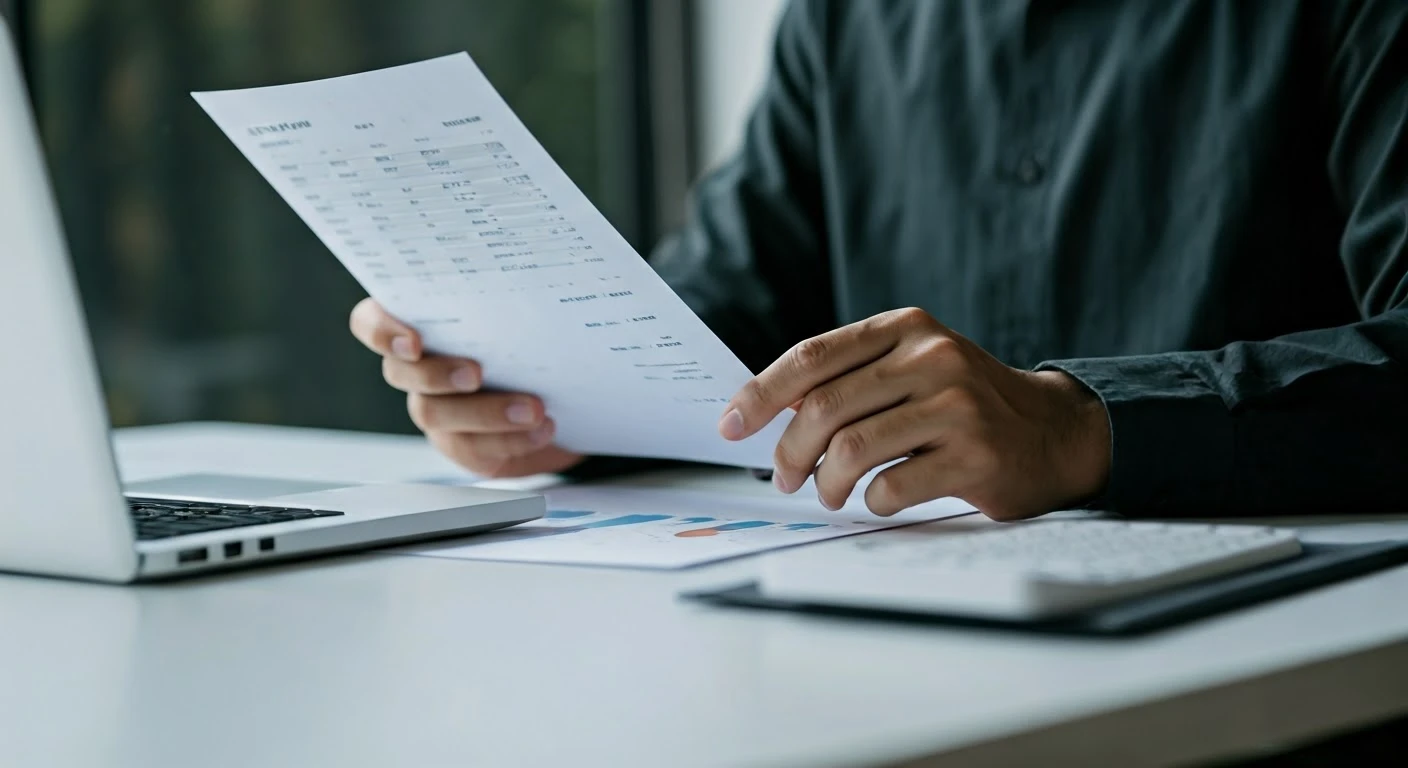
Identity theft is a reality that continues to occur with increasing frequency and it affects many people. Some important details about you are enough for criminals to make credit cards, and loans, or get to your existing accounts. This can badly affect the credit score, financial status, and even the reputation of individuals involved. Luckily, there are ways to go about discovering whether someone is using your identity for fraudulent practices to prevent any further harm.
Check Your Credit Reports
It is however important to note that one of the more effective ways of identifying that you have been a victim of identity theft is by checking credit reports. According to federal law, individuals are allowed to get copies of their credit reports from the three major credit reporting companies namely Experian, Transunion, and Equifax, without charge for 12 months. Ideally, you should monitor your credit reports more frequently, if not at least once a year; this will help you detect any irregularities.
Check for credit cards that you never applied for, credit accounts that were opened and you had no knowledge of, collection accounts that you cannot explain, or that the reports were accessed by companies you never heard of. Even for a single fraudulent transaction of a rather small amount, you can be sure that someone has got your data. Double-check all the details on the reports that you might include such as your name, current address, previous address, and employer details, among others. Any deviations from that could be interpreted as fraud.
Be Vigilant of Your Bank Statements and Credit Cards
Even if you do not have any, compare the current months’ bank and credit card statements and look for any purchases you might not have made. Suspicious activity might suggest that someone is an unauthorized person who has gained full control of your accounts or your identity. Contact your bank immediately if you notice any suspicious charges to make them block the card and conduct a thorough investigation to resolve the matter. Some users prefer to review their statements more often than once a month so that they can notice the signs of fraud more easily.
Set Up Alerts
Most of the time, banks and credit card companies today offer the capability to sign up for alerts for specific types of account activity, including through text, email, or phone calls. For instance, you can be notified each time a charge of more than a certain figure that you input is processed or when a change of address request is made. Possible suspicious transactions or account changes are also made to be alerted so you can be aware of what is going on instead of knowing it at the end of the month.
Be Compliant as to When Checks Have Cleared
A check register should be used to record every check you write and compare the records with the clearance made by the bank. In turn, checks may come into the hands of identity thieves. If you find the check number of a check you have written, that looks too high or too low or has been cleared out of sequence or for an amount which you never intended to write the check for, it is advisable to contact the bank immediately. It is important that you closely supervise the checks you write clearing because of the possibility of stolen check fraud.
Run Internet Searches
Occasionally type your name into a search engine and check for any posts, articles, or anything that looks fishy. For example, try searching various public records with your name, anything concerning the address, loan, or any other financial concerns that do not seem right. Search websites that compile public records information that is available for public access as well as people search sites.
Not all information we obtain from the internet is about us, but anything that seems off should be looked at. Search for tools and opt for the alerts that will inform you of new information that is related to your identity in cyberspace.
Check Your Medical Records
Happily, criminals cannot use your personal information to commit identity theft for medical purposes. If another person receives treatment in your identity then the costs start being incurred on your bill and the thief’s medical record might become entwined with your medical records. This could lead to improper recommendation of treatments in the future, or not being covered by insurance if ever there is one.
Contact your insurance provider and confirm any medical claims made with your ID within the last few months are genuine. Also, ask for medical bills from the providers that treated you to determine the services they never provided. In case, you come across any medical bills or records you have never seen before, report them to your service providers immediately.
Freeze Your Credit Freeze A Check is Due and Free Fraud Alerts
If you have already put a credit freeze or fraud alert in your credit report to shield your accounts, make sure that it is correctly indicated. To be sure the freeze or alert applies to your credit file, go to each of the three credit bureaus’ websites. While credit freeze or alert helps you, its absence or lack of precise execution will leave you more exposed to new fraudulent activity passing through unnoticed.
Be on the Lookout For any Kind of Communication That Seems to Be Suspicious
Some of the fraudsters make a call to the targeted individuals or send them an email so that they can get more information for their theft process which is called phishing. If you receive any call or message that requires you to give your details or confirm any, someone may be trying to steal your identity. Other signs include emails or calls that urge the recipient to act quickly, claim to be from a department or organization that the recipient has never heard of, threaten some sort of consequence, or say the recipient has won a prize or will receive a large sum of money.
You should not be pressured to provide your identification number and other personal information almost instantly; legal organizations will engage you through formal mail. In any case, if you are still in doubt, do not hesitate to call the company using their official customer service telephone number before dealing with any call for your private information.
Check With Government Agencies
Write letters to the federal agencies containing your IRS and Social Security Administration accounts for them to forward records from their files. Ensure that all the data that you need such as your name, address, and other details they have on their database is correct. Any variations identified could be indicative of possible identity theft concerns.
You can also find out whether a particular SSN has been used for employment verification by having a look at your Social Security Statement, which shows earnings information throughout your lifetime. If you find jobs you have never practiced, then, it could be an indication that somebody else is mimicking your identity. Take it upon yourself to report the incorrect employment history to the SSA so they can begin looking into the matter.
Just Like Your Passport and Driving License
If you lose your passport or your driver’s license, call the agency that issued them to you to freeze the identification record so that someone might apply for your documents and be caught. Pay attention to your records with a fine tooth comb, and watch out for any alterations that have been made without your consent – it could be a sign of identity theft. These forms of identification are a bit easier to forge if the thief gets hold of them and thus, it is easier for them to perpetrate fraud in your name.
These signs are usually correlated in cases when another person is using an identity. While one might assume that having their credit card stolen one time means that no other fraudulent activities have occurred, the actual investigation of their records might reveal many more identity theft cases. However, when suspicious activity is detected early this keeps off considerable damage and makes it easy to prevent. Learn about the different forms of identity theft and be proactive by checking your financial accounts, credit reports, online profiles, and much more often. The best approach is just to be vigilant and act immediately so that thieves do not make any money out of your identity.
Call now for expert credit repair services: (888) 803-7889
Read More:
What are the 3 Cs of credit management?
What is considered a good credit score?
Can you write off credit monitoring services?
Why do I have to pay for credit monitoring?
How many credit monitoring services do I need?




